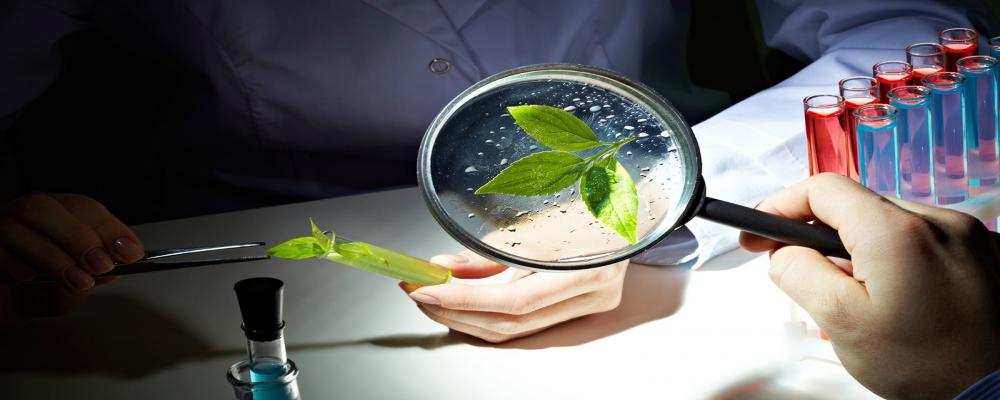

Ayurveda is accepted to be the oldest treatise on medical system, which came into existence in about 900 BC. The word BASIC AYURVEDA derived from Basic means Fundamental, Ayur meaning life and Veda meaning Science. Thus, Basic Ayurveda literally means Fundamental Science of Life.
The focus of Basic Ayurveda Research & Devlopment department is product development, ensuring its quality by way of standardizing the quality of input herbs, methods of extraction and manufacturing.
The level of sophistication and capabilities of the laboratory attained greater with the installation of most modern and sophisticated instruments such as HPTLC, HPLC and GC, etc. Our research activities include:
· Complete study of all the herbs and its characteristics. Chromatographic profiles.
· Accelerated stability studies are conducted as per ICH guidelines.
· Identification and quantification of active ingredients in the formulations by HPTLC/GC/HPLC.
· Clinical studies.
Basic Ayurveda R&D Department produces safe, efficacious, and consistent phytomedicines. Our R&D Department is focused on product development, quality assurance and standardization.
Quality Assurance
Quality assurance of herbal products is ensured by proper control of the herbal ingredients and by means of Good Manufacturing Practices (GMP).
Quality Control
. For the standardization of herbal drugs the parameters usually studied are:
· Authentication & reproducibility of herbal ingredients
· Foreign matters
· Microscopy
· Extractive values
· Ash values
· Microorganism
· Heavy metals
· Chromatographic profiles
Safety in Herbal drugs:
. Toxicity study
· Heavy Metals
Efficacy:
· Pharmacological tests
· Clinical tests, skin irritation test
Monographs for quality control and efficacy:
· Composition of drug by type and quantity
· Form of application
· Clinical data
· Indications
· Contraindications
· Side effects (frequency and seriousness)
· Warnings
· Use during pregnancy and lactation
· Interactions
· Dosage, method of administration
· Overdose
Formulation and Development:
· Identification and quantification of active ingredients by HPTLC/GC
· Validation by HPTLC/GC
· Accelerated stability studies to check physical, chemical and Microbiological aspects of formulations
· Standardization
Quality Management:
· Regulatory affairs prepare documents for product registration, GMP documentation and answering technical queries.
· QA regulates the following parameters:
· Collection, transport and storage of raw materials
· Unit operation for herbs
· Process validation
· Sanitation and hygiene
· Packing and finished goods checking
· Storage of finished products
Copyright© 2014 - Basic Ayurveda. All Rights Reserved

